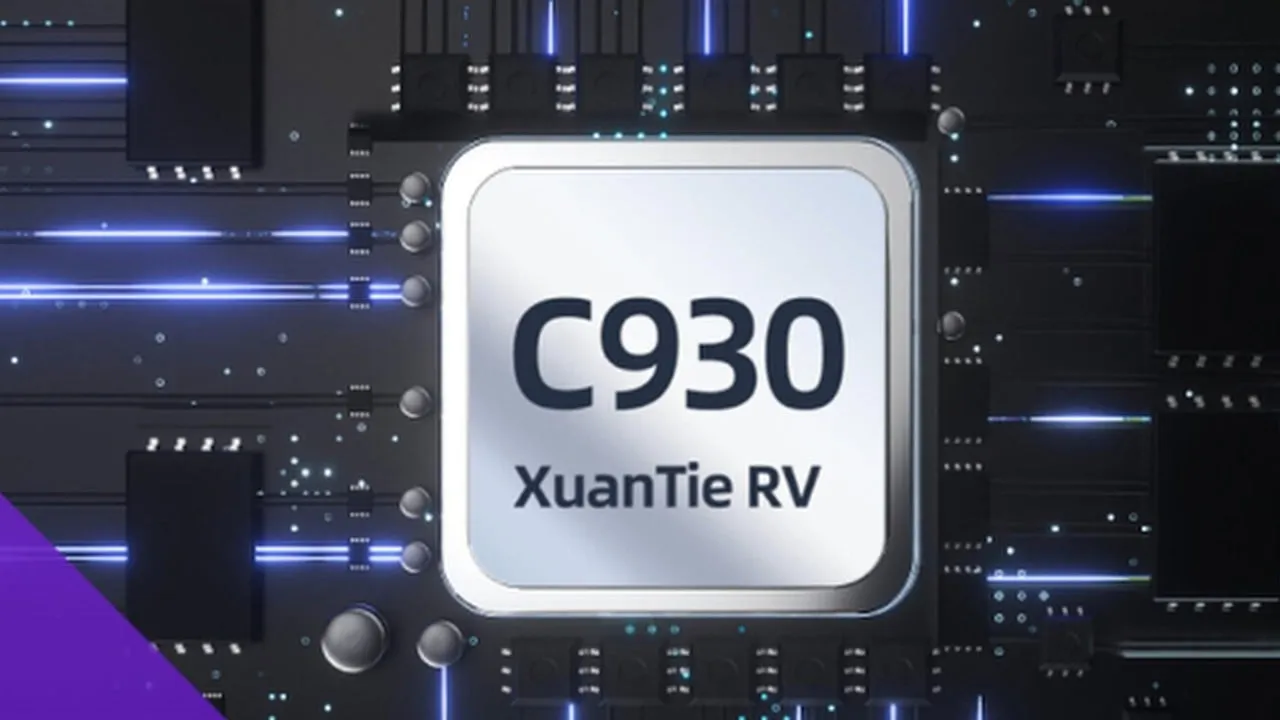US Tech Restrictions and Alibaba's RISC-V Chip: Shaping China's Semiconductor Landscape

US Tech Restrictions Drive Innovation in China
In the face of US tech restrictions, Alibaba Group Holding has unveiled its server-grade XuanTie C930 processor, signaling a significant leap for China's semiconductor industry. This central processing unit (CPU), designed by T-Head, is tailored for high-performance computing applications, including data centers and autonomous vehicles. Analysts view this as a strategic move to mitigate the impact of US sanctions and advance open-source chip technologies.
Open-Source as a Game-Changer
The C930 CPU design will be available for licensing to integrated-circuit (IC) developers, with the aim of fostering a collaborative global RISC-V ecosystem. Ni Guangnan from the Chinese Academy of Engineering states, “The open-source model will help build an inclusive global RISC-V ecosystem.” As demand for domestic AI development surges, Alibaba positions its RISC-V chips as viable alternatives to dominant architectures like Intel’s x86 and Arm Holdings.
Competing in the AI Era
- DeepSeek’s Innovation: Competes with OpenAI’s monopoly using low-cost, efficient AI development.
- Benchmarking Excellence: C930 exceeds scores on performance tests, affirming its capabilities.
- Future Prospects: A unified software ecosystem is anticipated to foster opportunities in semiconductor design.
The Path Forward for RISC-V
As Alibaba spearheads this initiative, China is also expected to enhance support for RISC-V developments. A report indicated that guidance could soon be issued to promote the use of open-source RISC-V chips nationwide.
Conclusion: A New Era for China's Tech Landscape
With projections estimating RISC-V shipments to soar significantly by 2030, Alibaba's move is not just a countermeasure but a transformative step for China's tech landscape, indicating a shift towards self-sufficiency and technological innovation.
This article was prepared using information from open sources in accordance with the principles of Ethical Policy. The editorial team is not responsible for absolute accuracy, as it relies on data from the sources referenced.